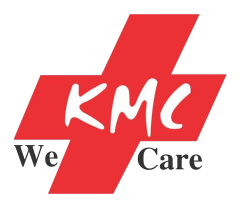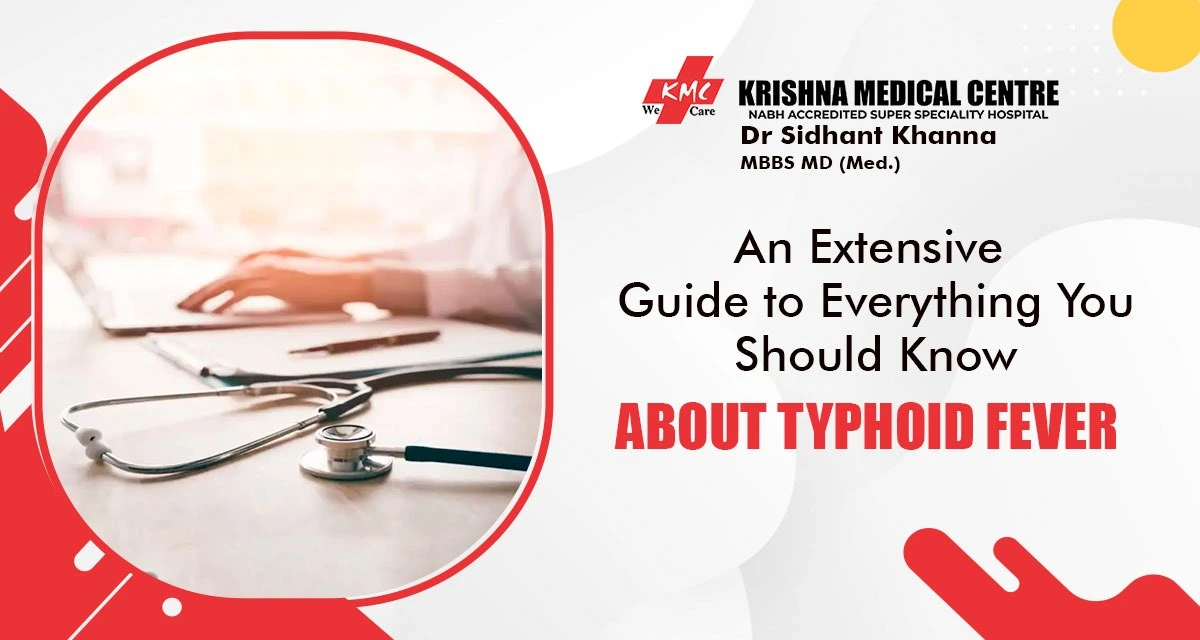Typhoid fever or typhoid, is a potentially fatal bacterial infection that can afflict anybody. It is a potentially fatal bacterial illness that has impacted millions of individuals throughout the world.
Typhoid is caused by a bacteria called Salmonella Enterica Typhi and is spread by contaminated food or water. It is a major public health problem, particularly in underdeveloped nations and if left unaddressed, it can lead to serious health complications.
Despite the fact that typhoid is a serious illness, many individuals are uninformed of its symptoms, causes and treatment choices. Thus today we will look at the symptoms, causes, diagnosis and typhoid treatment as well as preventative actions that may be performed to lower the risk of infection.
Whether you have been diagnosed with typhoid, know someone who has or want to learn more about this disease, this blog post will give essential information and insights to help you understand and manage this condition.
So without wasting much of your time, let’s go over to the symptoms.
Symptoms of Typhoid
The symptoms of typhoid generally emerge 1-3 weeks after being exposed to the pathogen. The early symptoms are frequently modest and can be readily confused with other illnesses such as the flu. The symptoms of the condition worsen as it advances and might include:
• High fever, frequently reaching 104°F (40°C) or higher.
• Weakness and fatigue
• Headaches
• Pain and discomfort in the abdomen
• Appetite loss
• Constipation or diarrhoea
• A rash with tiny, flat pink dots
Checking for typhoid fever signs must be done in order to begin typhoid treatment as soon as possible since untreated cases can result in serious complications such as internal bleeding, intestinal perforation, and even death.
Causes of Typhoid
The main cause of typhoid is the bacteria Salmonella Enterica Typhi. This bacteria spreads through contaminated food or water.By eating or drinking contaminated food or water, people might get typhoid disease. Typhoid can also be transmitted by intimate contact with an infected person, such as when dining together or sharing utensils.
Risk Factors for Typhoid
Certain factors enhance the likelihood of catching typhoid fever. These include:
• Living in or visiting places with inadequate sanitation and hygiene.
• Exposure to polluted food or water.
• Being in close proximity to someone infected with typhoid fever.
• Having a compromised immune system as a result of HIV/AIDS or chemotherapy.
Diagnosis of Typhoid
Typhoid can be difficult to diagnose since the symptoms are similar to those of other infections. Doctors often begin with a medical history and a physical examination. Samples of blood, feces or urine may be collected in order to search for signs of the bacteria that cause typhoid disease.
Typhoid Treatment
Typhoid treatment begins with antibiotics as they assist to destroy the bacterium and alleviate symptoms.In addition to medications, patients are required to rest while remaining hydrated and eating a healthful, easily digestible diet.
However, at times if problems like dehydration or internal bleeding occur then hospitalization is required. During hospitalization, patients can be subjected to intravenous fluids, oxygen treatment or other supportive care.In extreme situations, surgery can berequired to repair damage to the intestines or other organs.
Prevention of Typhoid
Typhoid prevention is vital, especially in locations where the illness is prevalent. The following precautions can assist in lowering the risk of infection:
• Hands should be washed often with soap and water.
• Drinking, cooking and brushing your teeth should all be done with clean water.
• Steer clear of uncooked or street food while visiting places with inadequate sanitation.
• Get a typhoid vaccination before visiting high-risk regions.
Conclusion
To summarize, typhoid is a potentially fatal bacterial infection that is caused by the bacteria S. Typhi. It is spread by contaminated food and water and can alsobe infected through contact with people who have typhoid.
The early symptoms of typhoid can be minor and readily mistaken with other infections, therefore it is crucial to seek medical assistance if any of the symptoms continue.
KMC Hospital, a renowned hospital known for having the best typhoid treatment doctors in Dehradun, offers preventive medical testing and frequent health checkups to ensure every disease is diagnosed and treated with utmost care.
FAQ’s
1- What are the symptoms of typhoid fever?
Ans: – Common symptoms include:
- High fever
- Weakness and fatigue
- Headache
- Abdominal pain
- Diarrhea or constipation
- Rash (rose spots)
2 – How is typhoid fever treated?
Ans: Treatment usually includes:
- Antibiotics to kill the bacteria.
- Increased fluid intake to prevent dehydration.
- In severe cases, hospitalization may be necessary.
3- What is the best diet for a typhoid patient?
Ans: A typhoid diet should be light and easy to digest. Include soft foods like boiled rice, steamed vegetables, broths, porridge, and yogurt. Avoid spicy, fried, or heavy foods.
4- What types of food should I avoid to prevent typhoid?
Ans: You should avoid:
- Raw or undercooked foods, especially meats and seafood.
- Unwashed fruits and vegetables.
- Street food and food from unhygienic sources.
- Ice and beverages are made from unfiltered or untreated water.
- Dairy products that may not be pasteurized.

